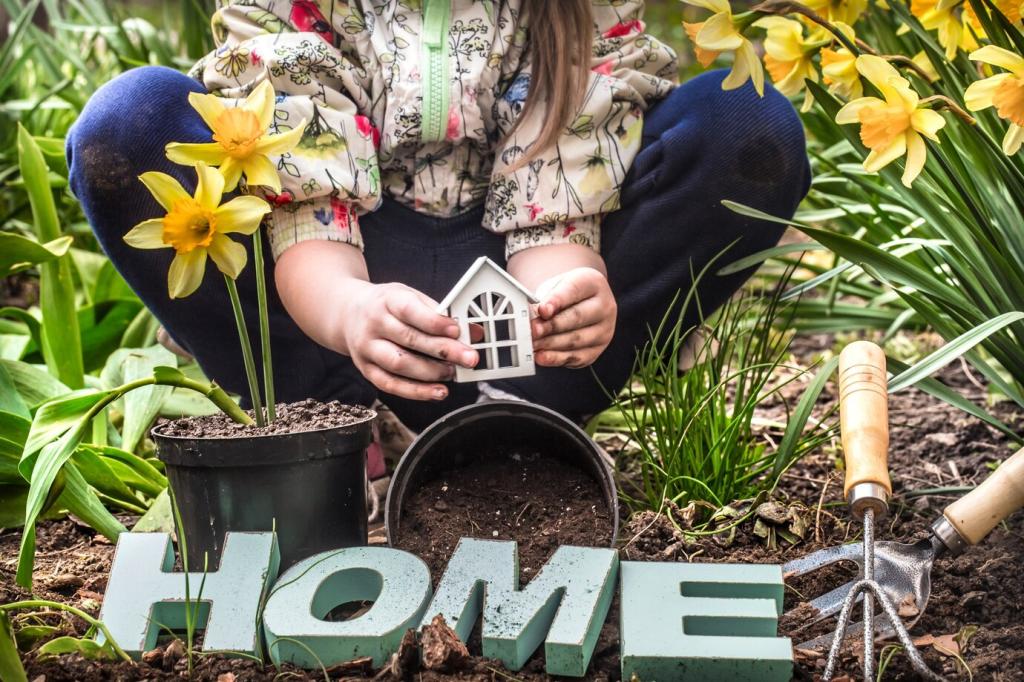Essential Qualities of Expert Gardeners You Should Look For
Profound Plant Knowledge
An expert gardener is familiar with a wide variety of plant species, ranging from perennial flowers to unique ornamental grasses and rare shrubs. This mastery isn’t just academic—it’s practical. They quickly identify plants, appreciate their growth habits, and anticipate their unique requirements. This familiarity allows them to create gardens with harmony, texture, and color that evolves beautifully through every season. Their advice is tailored and reliable, helping homeowners avoid costly mistakes such as introducing invasive species or mismatched plants to unsuitable soil. With this depth of knowledge, they bring creativity and precision to garden planning and maintenance.
Skilled Problem-Solving Abilities
Plants may show signs of stress through discolored leaves, wilting, or stunted growth. Expert gardeners are adept at quickly interpreting these clues. They distinguish between natural aging and symptoms of disease or pests. Using their sound judgment, they investigate further, whether testing soil or inspecting roots for rot. Their diagnoses go beyond guesswork, benefitting from years of hands-on experience and up-to-date horticultural research. This precision in spotting and addressing plant health problems means issues are resolved early—preventing spread, minimizing losses, and safeguarding the overall vitality of the garden.
Not every garden problem is a crisis; sometimes it’s an opportunity. Expert gardeners excel at finding creative ways to overcome design challenges, such as awkward spaces, poor sunlight, or drainage problems. They use their imagination to turn constraints into features—for example, creating shade-loving plant arrangements, installing raised beds, or designing rain gardens. Their inventive approach results in gardens that are not only functional and beautiful but also tailored to the property’s unique characteristics. Such skill transforms ordinary spaces into extraordinary ones, maximized in both beauty and sustainability.
Battling pests and diseases is a reality for every gardener, but experts approach the task proactively and responsibly. They recognize early warning signs and take steps to prevent outbreaks rather than merely treating them after the fact. Drawing from a variety of techniques, including organic controls and beneficial insect introductions, they favor environmentally sensitive methods over indiscriminate chemical use. Their commitment to long-term health fosters ecosystems where pests are managed naturally and diseases rarely gain a foothold. Their vigilance ensures your garden remains vibrant and free from avoidable damage throughout the growing season.

Commitment to Sustainable Practices
Eco-Friendly Plant Selection
The hallmark of a sustainable garden lies in its selection of plants. Expert gardeners choose native and well-adapted species that require less irrigation, fertilization, and maintenance. These choices help conserve water and support local pollinators, from bees and butterflies to birds. By reducing the need for chemical inputs and encouraging biodiversity, this approach enhances both the garden’s health and its wider ecological impact. Such mindful plant selection is an active investment in a resilient, future-proof landscape.
Water Conservation Techniques
A skilled gardener understands that every drop of water counts. They employ innovative techniques like mulching, installing efficient irrigation systems, and grouping plants according to their water needs. By designing gardens with rainwater harvesting or drought-tolerant species, they significantly reduce overall consumption. This commitment to water conservation not only lowers utility costs but also prepares the garden for periods of scarcity or drought. Through thoughtful planning and management, expert gardeners ensure that lush, green spaces are achieved without wasteful excess.
Organic and Chemical-Free Care
In the quest for healthy plants, expert gardeners rely on natural solutions whenever possible. They favor compost and natural fertilizers over synthetic chemicals, boosting soil health while preserving beneficial microorganisms. When pest or disease outbreaks occur, their first line of defense involves cultural or biological controls rather than quick chemical fixes. This dedication to organic care leads to gardens that are safer for children, pets, and wildlife—and ultimately, more robust and self-sustaining. Their methods create a harmonious balance where nature thrives unfettered by harmful residues.
